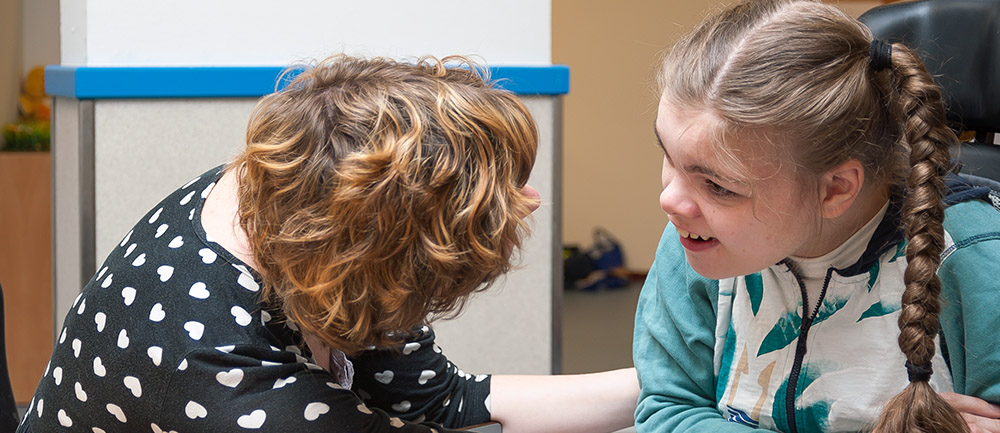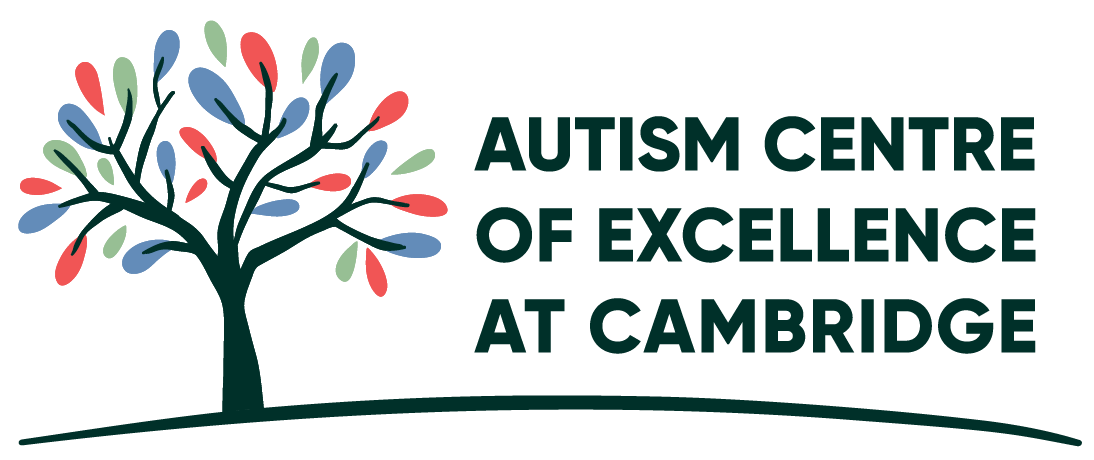What is autism?
Being autistic means the brain develops in a different way and processes information differently, which can lead to both difficulties and strengths.Autism is a lifelong neurodevelopmental condition. It is a spectrum which means every autistic person is different. Some autistic people have little or no support, others may need help from parents or carers every day.
Autistic people often have difficulties in the development of social relationships and communication skills alongside unusually strong and narrow interests, repetitive behaviour, difficulties in coping with unexpected change, and extra sensitivity to aspects of their environment, such as sounds, smells or lighting.
Autism can also involve strengths, for example in excellent attention to detail, excellent memory for detail, a preference for facts and patterns, and an excellent ability to spot patterns. Some autistic people, though not all, have a special talent or ability, which can be significantly over and above what would be expected in the general population.
Causes
Research has shown that while the causes of autism include both genetic and environmental factors, there is no single ‘autism gene’. In fact, the genetic aspect of autism is very complex, involving hundreds of genes.
This combination of genetic and environmental factors causes autistic people to have a different pattern of brain development to non-autistic people, which exists from infancy or even earlier. However, autism may not be identified until later in life.
Many autistic people have co-occurring physical and mental health conditions and other disabilities. While this may be related to differences in their genetic make-up, research has yet to fully understand all of the causes. Special talents or abilities may also be linked to the genetic differences in autistic people, though again, this is not yet fully understood.
Further reading:
- More information about autism. Guidance by the UK’s National Autistic Society.
- What is neurodiversity? An editorial by Simon Baron-Cohen in Scientific American (2019)
- Which terms should be used to describe autism? Perspectives from the autism community.
- Autism genetics and ethics An article by Simon Baron-Cohen in the New Scientist (2018)

Why better support is needed
More than 1% of the population is autistic but sadly most autistic people do not receive good quality support. Find out why the Autism Centre of Excellence at Cambridge was created and what we aim to achieve together.
About Us
The Autism Centre of Excellence at Cambridge (ACE) is a science-led campaigning charity working closely with Cambridge University’s Autism Research Centre. Our aim is to improve access to high quality support and remove barriers and stigma for autistic people.
A partner with
ACE is charity registered in England and Wales, Reg. No: 1191599. Read our Privacy Statement.

